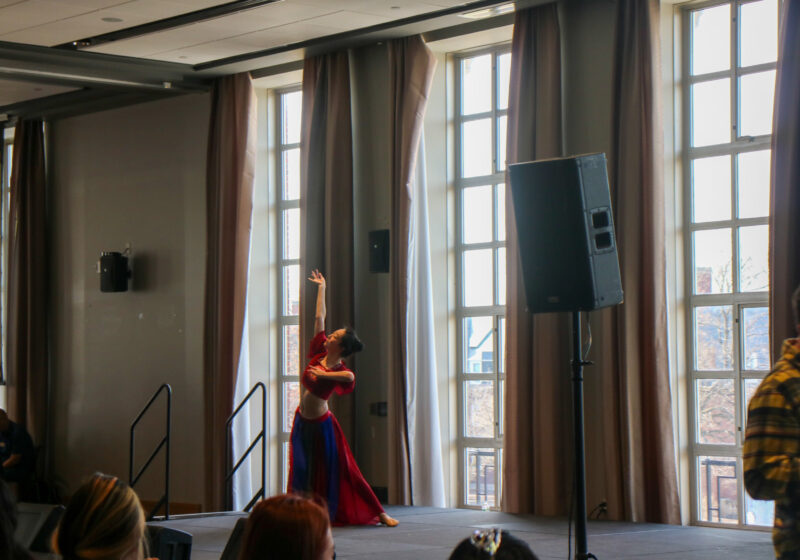I did not want to go to UR.
As a Rochester native, I wanted to get as far away from here as possible. I wanted to leave everything and everyone behind. I wanted to start anew.
But that’s not what life had in store for me. Admissions season did not go as planned. I got waitlisted at my dream school, Columbia. And I entered into a period of deep depression. I got into many of the other schools I applied to, but that did not matter to me. Getting waitlisted at the school I spent my whole life vying for wrecked me.
My parents were quick to take advantage of this. They had been dreading becoming empty nesters. At first, they told me that I should go to RIT and then as soon as I was accepted to UR, they begged me to go here. They told me how they would take care of me, how I would never need to worry about food or laundry, that I could fully focus on school. At that point, I did not care where I went. If I was not going to my dream school, I did not care at all where I went. My parents eventually convinced me. But as soon as I committed to UR, I was overtaken by doubt.
Choosing to go here meant that I would not get a traditional college experience. I would not get to live on campus. I would not get away from my parents. I would not get a new start. I had spent all my life dreaming about college, about dorms and late nights and independence. These dreams were what kept me going during the horrific fights with my parents. I would find myself counting down the days until I could get away. But then, at the hit of a button, all my dreams were crushed. For me, college would be ‘High School Part 2.’
Freshman year was awful. The first-year orientation app would not work outside of campus Wi-Fi and I could not figure out the VPN for the life of me. Thus, I was barely present for orientation. I missed signing the class roll. I missed out on the Wilson Day of Engagement activities. I missed out on floor bonding. I felt so alone. I was so afraid that I would not be able to make any friends.
And for my first semester of college, I didn’t. I sparked up conversations in class and joined so many clubs, to no avail. I could not make a substantial connection. If you don’t live on campus, you don’t randomly run into people. You’re not there for spontaneous plans. People have to go out of their way to invite you. And I didn’t know anyone well enough for them to go out of their way for me.
Being a commuter was not the sole contributor to my friendlessness. My first semester here, I was in a relationship with a partner who was controlling and abusive and who isolated me from a lot of people. This, in turn, made it increasingly harder for me to make friends — and commuting didn’t help alleviate that lonely, desperate feeling.
Commuting also contributed to worsening my relationship with my parents. My parents had a hard time with my transition into a college student. When I finally did make friends, and was staying out late doing typical college activities, my mom would bombard my phone with calls and texts. My parents would get upset if they did not see me for a day or two. They did not understand that I needed to be independent.
Furthermore, when we had our atrocious fights, I didn’t have the mental escape that a faraway college would have provided me. I didn’t have a safe space. I knew that I was stuck here for the next four years. It broke me to know that I had to take my parents’ abuse, even as a college student.
So far, sophomore year has been better. But I still really regret being a commuter. The relationships I have made in college pale in comparison to the ones I made in high school. My relationship with my parents is exponentially deteriorating. I find myself feeling an overwhelming loneliness that I don’t think I would have felt if I was not a commuter.
I wish I did not go here.




